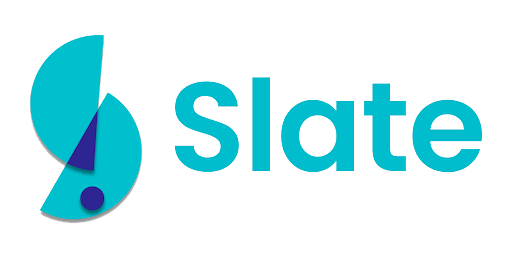In a recent legal battle, Atlas Global, a subsidiary of Acacia Research, took networking giant TP-Link to court over patent infringement related to wireless communication technology. The result? Jury Awards over $37M to Acacia’s Atlas Global(Source). TP-Link had to pay significant licensing fees to settle the dispute. This case highlights the serious patent enforcement strategies used by Atlas Global, putting companies across multiple industries especially those involved in 5G and EV at risk. Acacia Research, known for monetizing patent portfolios through its subsidiaries, is strategically positioning Atlas Global to impact industries ranging from telecommunications to energy in 2024.
Highlights:
- Telecom companies may face potential challenges related to 5G networks and communication infrastructure.
- Automakers could encounter issues around electric vehicle (EV) battery efficiency and power management.
- Healthcare tech companies may need to navigate patents in non-invasive diagnostic devices.
- Energy companies could be affected by advancements in renewable energy storage and power distribution.
Telecom Giants: Will 5G Companies Face Patent Roadblocks?
Atlas Global’s Patents: Wireless Interference Reduction, Resource Allocation, Network Optimization
Focus Areas: 5G networks, wireless resource management, IoT systems
Potential Targets:
- Qualcomm: Makers of 5G chips and modems.
- Ericsson and Nokia: Providers of telecom infrastructure.
- Huawei: Major players in 5G and IoT markets.
- Cisco: Networking solutions, with a focus on wireless communication.
Why It Matters: With a growing patent portfolio focused on 5G infrastructure and wireless communication, Atlas Global could put telecom companies on the defensive. As businesses continue expanding their 5G networks, they may face licensing demands or legal disputes similar to TP-Link. Companies that rely on wireless resource management will need to keep a close eye on Atlas Global’s next moves.
Automotive: Could EV Innovation Be Slowed by Patent Disputes?
Atlas Global’s Patents: Battery Efficiency, Power Management
Focus Areas: Electric vehicle batteries, energy storage, charging systems
Potential Targets:
- Tesla: Leading the EV market with cutting-edge battery technology.
- Volkswagen: Developing scalable EV platforms.
- Rivian and BYD: Growing players in electric transportation.
- Ford and GM: Expanding their electric vehicle fleets.
Why It Matters: Patents aimed at improving EV battery efficiency and charging systems could slow innovation in electric mobility. With Atlas Global holding key patents in this space, automotive companies may face barriers to their technology developments. Those working on next-gen EV systems might need to reassess their strategies to avoid being caught in costly patent disputes.
Medical Devices: Will Health Tech Innovation Face Legal Hurdles?
Atlas Global’s Patents: Non-Invasive Diagnostic Devices, Real-Time Monitoring
Focus Areas: Health tracking, diagnostic devices, patient monitoring systems
Potential Targets:
- Medtronic: Leaders in chronic disease management and health monitoring.
- Philips Healthcare: Pioneers in diagnostic tools and patient monitoring.
- Abbott: Developers of portable health devices.
- Siemens Healthineers: Innovators in diagnostic imaging and devices.
Why It Matters: Innovations in healthcare, particularly in non-invasive diagnostics, are essential to the future of patient care. However, Atlas Global’s patents may create hurdles for health tech companies looking to develop new wearable and diagnostic technologies. Companies could face potential roadblocks if their products overlap with Atlas Global’s IP.
Energy and Sustainability: Will Energy Storage Innovation Be Impacted?
Atlas Global’s Patents: Energy Storage, Power Distribution Optimization
Focus Areas: Renewable energy storage, smart grids, power management
Potential Targets:
- Tesla Energy: Producers of Powerwall and renewable energy solutions.
- Siemens Energy: Innovators in power distribution and grid technology.
- Schneider Electric: Solutions for energy management and automation.
- NextEra Energy: Leaders in renewable energy storage.
Why It Matters: As the renewable energy market continues to grow, companies could face challenges from Atlas Global’s patents targeting energy storage and grid management technologies. The push for sustainable energy solutions could become more expensive and complex if key players like Tesla and Siemens are forced to address these patents.
Conclusion
Acacia Research, through its subsidiary Atlas Global, is strategically positioning itself to enforce patents across multiple high-growth industries. Whether it’s 5G technology, electric vehicles, medical devices, or renewable energy, companies that ignore the expanding patent portfolio of Atlas Global could find themselves facing legal and financial risks. The TP-Link case is a clear example of Atlas Global’s intent to protect its intellectual property aggressively. As more companies invest in 5G and related technologies, the pressure to address these patents will only increase.
By staying proactive, companies can avoid potential disputes and stay ahead of Acacia or any NPE’s next move.


